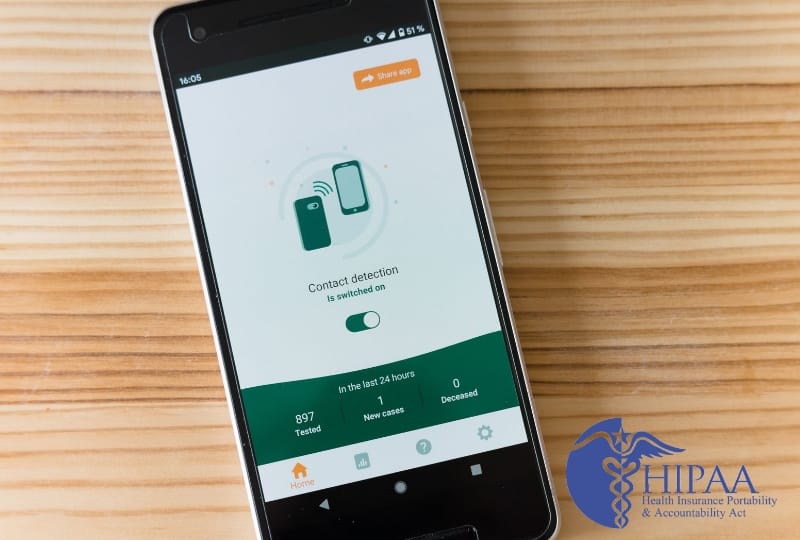In an effort to stave off the spread of COVID, the Trump administration is proposing changes to the HIPAA Privacy Rule. More details on HIPAA and COVID contact tracing are discussed.
HIPAA and COVID Contact Tracing: Proposed Changes

Earlier this month the Trump administration proposed changes to the HIPAA Privacy Rule, including giving patients more control over their health information and removing barriers to value-based care. Some of these proposed changes would loosen restrictions surrounding provider to provider disclosures of protected health information (PHI).
Currently, providers are only allowed to share patient PHI with other providers currently treating the patient.
As such, this prevents providers from sharing COVID data with each other, unless both providers are treating the patient.
OCR Director Roger Severino stated, “The Trump Administration is empowering patients with greater access to their health information and is lifting unnecessary regulations weighing down the health care industry. The proposed changes to the HIPAA Privacy Rule will promote truly coordinated, value-based health care for all.”
HIPAA and COVID Contact Tracing: Barriers to Tracing
HIPAA and COVID contact tracing barriers have made it difficult for providers to compile the data necessary to adequately track and prevent the spread of the virus. Although it is unlikely that any meaningful legislation will pass before President Trump leaves office, there is still a chance that HIPAA Privacy Rule changes are soon to come.
HHS Deputy Secretary Eric Hargan states, “I don’t see these as hot button issues from a political point of view. So we’ll see.”
Should legislation be passed, provider to provider disclosures would be eased during emergency situations. Although there are currently exceptions to disclosures, such as a “serious and imminent” threat to patient safety, loosening restrictions would modify this threshold.
Additionally, the proposed changes would also loosen restrictions for PHI disclosure to patients’ families and caregivers during a health emergency.
HHS Secretary Alex Azar released a statement in regards to the proposed changes, “Our proposed changes to the HIPAA Privacy Rule will break down barriers that have stood in the way of commonsense care coordination and value-based arrangements for far too long. As part of our broader efforts to reform regulations that impede care coordination, these proposed reforms will reduce burdens on providers and empower patients and their families to secure better health care.”
HHS Deputy Secretary Eric Hargan furethered, “Today’s announcement is a continuation of our ongoing work under my Regulatory Sprint to Coordinated Care to eliminate unnecessary regulatory barriers blocking patients from getting better care. These proposed changes reduce burden on providers and support new ways for them to innovate and coordinate care on behalf of patients, while ensuring that we uphold HIPAA’s promise of privacy and security.”










